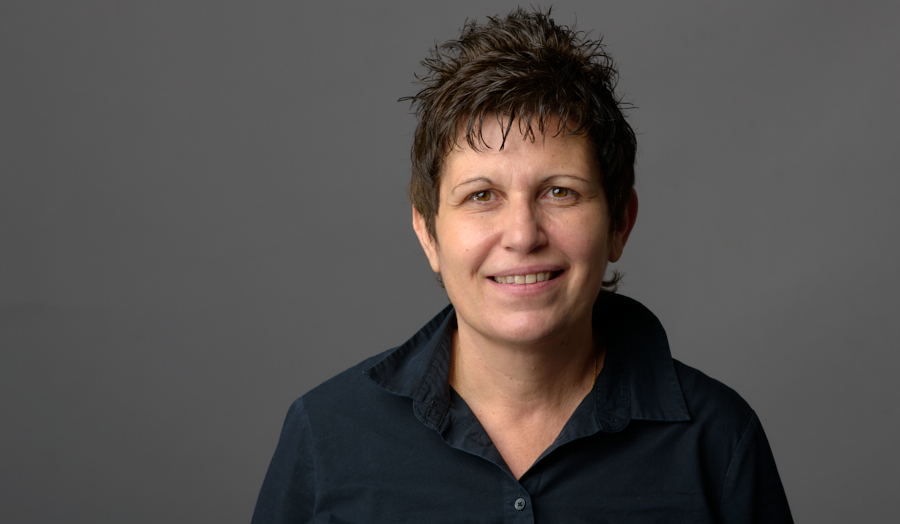Project overview
Despite increased research on formative assessment, few studies report on lecturers’ formative assessment practices in Higher Education.
This study will explore lecturers’ inclusive formative assessment practices in Higher Education using lengthy semi-structured interviews, observations and opportunity and snowball sampling.
It may unravel that lecturers need training to develop even further their inclusive formative assessment literacy and support the increasingly diverse student cohorts in Higher Education institutions (HEIs) in the UK due to globalisation.
The study will offer recommendations for lecturers and senior leadership teams in HEIs in the UK and globally.
More information
The internationalisation of higher education worldwide has broadened student diversity in higher education institutions in recent years (De Wit 2011).
However, it translates into a challenge in order to ensure equity and inclusion for all students to facilitate maximum personal, social, and academic growth.
In Higher Education, educators can plan and implement a variety of techniques to conduct assessments that are meaningful, authentic, and informative of a wider range of students’ skills.
The current study wishes to explore their current practices along with their challenges and attitudes and support them in their efforts to promote equity and fairness by valuing individual differences in students’ capabilities and skills (Hockings 2010), which in turn makes education relevant and engaging for all students (Thomas and May 2010).
The research questions of this study are:
-
To what extent are lecturers literate in terms of inclusive formative assessment?
-
What inclusive formative assessment practices do lecturers use in Higher Education?
-
Do gender, field of study, university degree, experience, and assessment training courses predict lecturers’ inclusive formative assessment literacy?
-
What are lecturers’ needs in terms of inclusive formative assessment literacy?
-
Is there any mismatch between lecturers’ inclusive formative assessment beliefs and their actual classroom practices on assessment? If yes, what are the reason
The current study will use both qualitative and quantitative research data collection, analysis, and interpretation procedures since mixed-methods research is thought to yield a much more comprehensive result (Richards, 2003).
According to Creswell (2009), the present study will employ a mixed-methods design as the quantitative data will first be collected in the form of an online survey.
The open-ended parts of this survey, interviews and observations will then be used to collect qualitative data.
The project wishes to explore lecturers’ inclusive formative assessment practices (IFAP) and help future researchers train colleagues who want to experiment and implement IFAP to improve their students’ academic skills and enhance their motivation.
Its ultimate aim is to have a significant impact on diverse students’ learning and motivation and more specifically it wishes to enhance their academic skills improving their academic performance by promoting inclusive formative assessment practices.
This study is expected to help lecturers explore and reflect on their current IFAP and beliefs and realise that they possibly need to improve their IFAP practices to help their students enhance their academic performance.
The current study wishes to explore whether the system of education which places hidden weight on summative tests overshadows the lecturers’ full potential of assessment.
- Conference presentations (London Metropolitan University Learning and Teaching Conference 2023, Learning, Teaching and Student Experience Conference 2023).
- Paper (in preparation).
The outcomes of this study will inform the development of future IFAP in Higher Education.
The researcher wishes to explore the use of IFAP to promote their use among lecturers in Higher Education.
This project could help update existing material on the use of IFAP in Higher Education settings and help the research team provide recommendations and guidelines to train EAP lecturers regarding the use of IFAP in Higher Education classes.
It will hopefully unravel new creative ways in which lecturers can use these approaches with i.e., multilingual, and multicultural university students to promote inclusion.
These recommendations can also be useful to educators in all levels of education as they all have to welcome i.e., increasingly linguistically diverse student cohorts in their classes.


